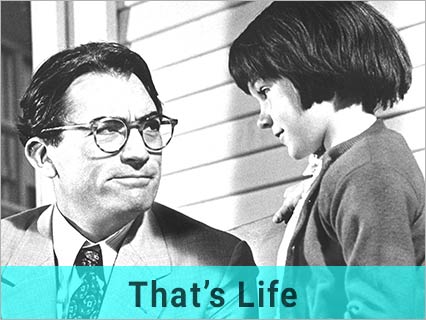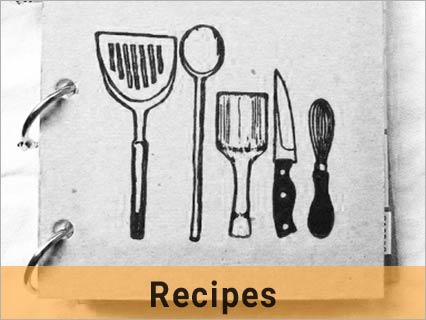The weaker sex with the stronger support and vice versa; how to even the odds?
25 Jul 2025
Dear LPG,
I am a woman of a certain age, and today I have been thinking about men.
I am far too old to spend my time pondering what makes someone my idea of attractive, and these days, when someone catches my eye, the ones that make me take a second look because I find them physically appealing are usually young enough to be my son. Isn’t it amusing that, once we reach our 7th decade, it’s the women who are considered a bit peculiar for noticing the male talent around us. On the other hand, it always seems that men assessing what is outstanding in the female form find that activity much more acceptable, regardless of their age.
Despite the historical changes in the Western world over the past couple of centuries, the vast majority of women still leave the other world gender to handle its larger social and political issues. The fundamental difference that makes women the weaker sex continues to be the adverse health effects suffered by those who carry the next generation. Meanwhile, our male counterparts only have one role in making that possible.
It must be noted that things are balancing out in many ways as the world evolves. There are now more men seen grappling with nappies and at the UK primary school gates when it's going-home time than there were when my generation was the young parents of the world, while I think that we ladies have a lot more to do with how they believe we will give them credit.
Until quite recently in the history of the world, women have spent much time protesting how male dominance has overlooked us. The law (which was mainly devised by men) regarded women as a liability in the job market because of our need to take nine months off twice during our careers. Nevertheless, today, more mothers have the choice whether to pursue motherhood and household life or not. Since all this happened so long ago for my generation, we often forget how much this aspect of life has evolved over the years.
In many ways, many of our men still feel the need to keep their thoughts, feelings, and anxieties to themselves, and the little support they receive often diminishes once they retire. Many men tend to leave behind their friends and a significant part of their support network, including their workplace, when they retire. I have seen, and continue to see, many of my male friends struggle with maintaining that unshakable façade once they reach retirement age. I recall how much harder it was for my husband to come to terms with leaving work behind than it was for me, despite my best efforts to support him.
Sometimes, even we ladies who still have one find it hard to get our significant others to open up about the effects of losing all those workmates in a single 'hard-to-handle’ event, and many of the single retired men I know often lack that fundamental support that a partner would try to offer.
My personal experience of all this occurred a few years ago now. Still, memories of that quite challenging period of adjustment come back as I watch a couple who are a decade younger than my partner and me, dealing with the same problems.
As an outside observer, I've been struck by how difficult it is for a friend who has confided in me about her struggles to watch her husband come to terms with his new life status. This has made me wonder how we can support men who are coping alone, whether they are our friends or partners. I looked online and found some advice that might help. While I shared it with that friend, it might be worth sharing with others.
As always, much of what I have found is aimed at younger people, but some principles will apply to anyone, regardless of the life crisis they may be facing. The ‘he’ who might need a little help from us may require ...
YD, Lewisham
YD advises that not all of this information needs to be adapted, but it might be helpful.







